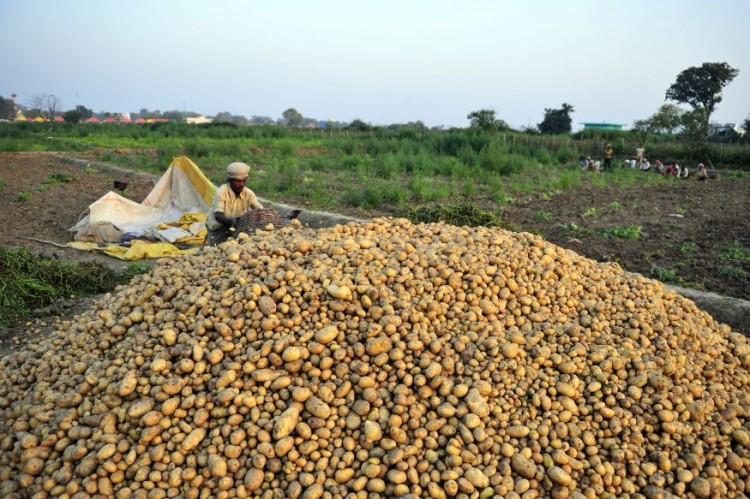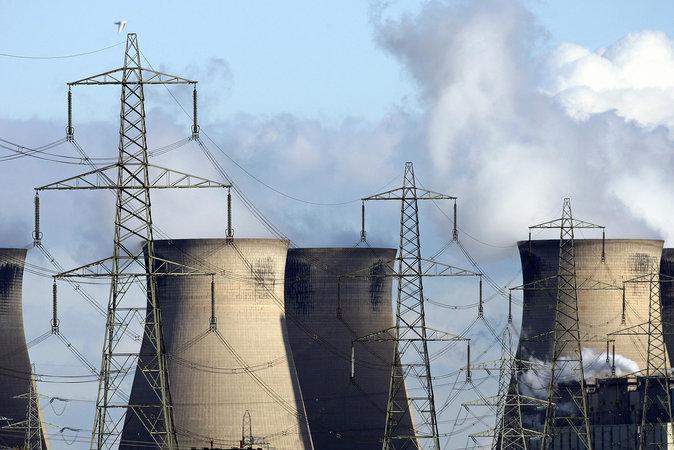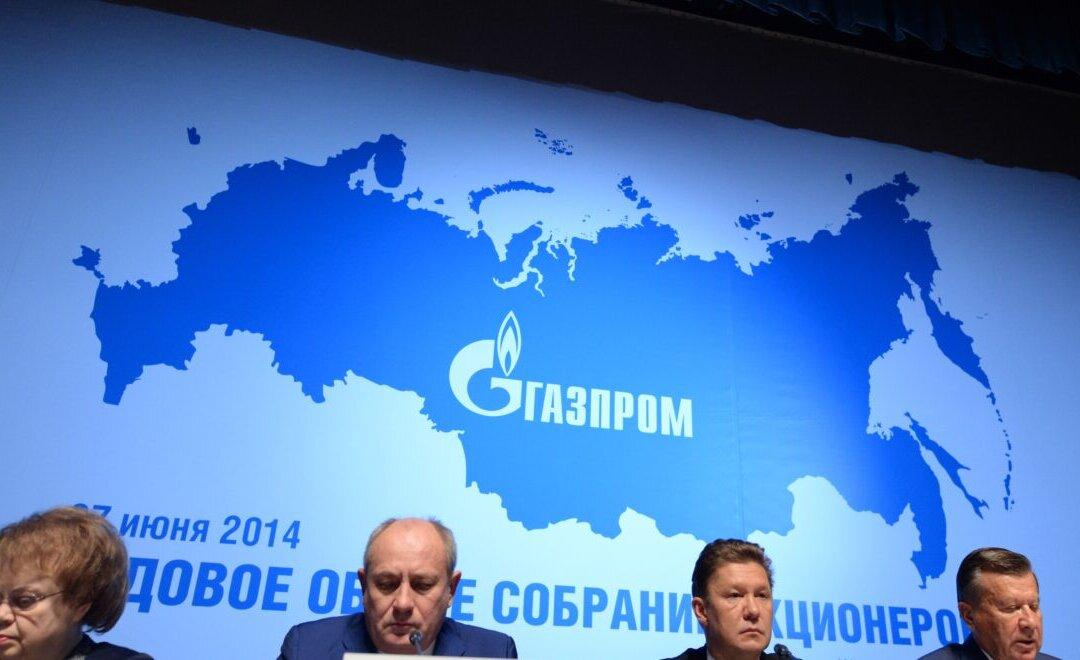After decades on the sidelines of international agricultural trade, India was poised last year to become a major food supplier, overtaking traditional exporters of food grain, and meat. This could prove to be flash in the pan.
The sudden rise and fall of India as food exporter is of its own making: populist calculation by the ruling coalition, sacrificing sustainable policy. India’s shining as a grain exporter could also signal the general decline of the country’s agriculture industry, with falling aquifer levels and degradation of soil.
India has long been the sleeping giant of global agriculture. Despite being the world’s second largest producer of agricultural goods, including rice and wheat, it’s been slow to integrate into global markets, preferring instead to maintain a relatively restrictive trade policy. The country limits imports to products such as oilseeds and high protein seeds known as pulses, which cannot be produced domestically in adequate quantities. India tends to curb exports to safeguard domestic supplies.
That has changed. India overtook Thailand to become the world’s biggest rice exporter—shipments accounted for 25 percent of global exports. Wheat exports also rose sharply, with India’s share reaching 5 percent; the country also overtook Brazil to become the world’s biggest exporter of buffalo, capturing 24 percent of the global beef market.
India’s newfound position as leading food exporter will be short-lived, however. Government policies that prioritize the production of rice and wheat and a new right-to-food law that’s now before the Parliament will not increase food security. Instead, policies will drive food inflation, accelerate India’s transformation into a net grain importer and increase its dependency on global markets for noncereal foods. India will be forced into the global food marketplace and not on its own terms.
The main driver of India’s unusually large grain exports last year, and of its coming shift into a major food importer, is the government’s food procurement and distribution system, set up to provide subsidized rice and wheat to the poor.
The system is supposed to work like this: The government provides farmers production incentives by committing to open-ended purchases of rice and wheat at annually specified minimum support prices, or MSPs, with farmers free to sell either to the government at the MSP or at market prices, whichever is higher.
MSPs are supposed to be floor prices, designed to provide farmers with a safety net in case of a collapse in market prices. The grain procured by the government, by individual states, and also by the Food Corporation of India, FCI, is then added to a central pool managed by the FCI. Grain stocks in the central pool are then distributed to the poor via the so-called Public Distribution System, PDS.
In reality the system leads to a series of dysfunctional outcomes, including food inflation, overproduction of rice and wheat relative to noncereal commodities, accumulation of excess grain stocks, and rapid erosion of the country’s agricultural productive capacity.
Policy Pitfalls
The pro-cereal policy has been successful in boosting output, but at a cost. Production of noncereal foods such as pulses, oilseeds, fruits, and vegetables—in increasingly high demand as incomes increase—has lagged, driving up prices and benefiting those countries that meet India’s growing demand.
The government’s commitment to open-ended purchases of wheat and rice at ever-higher MSPs has led to a cycle of ever-increasing procurement. This also contributes to food inflation.
High levels of procurement have resulted in rapid accumulation of grain stocks, now 66 million tons, more than double the required buffer. To place this in perspective, India’s wheat stocks are equivalent to Australia’s entire annual production of the grain, while its stocks of rice are 50 percent more than Thailand’s yearly output.
The level of stocks far exceeds the government’s storage capacity and results in significant wastage. The government has estimated preventable post-harvest losses of food grain at about 20 million tons per year, equivalent to 10 percent of total production. Faced with excess stocks and need to make room for the next harvest, the government is forced to resort to exports.
Those exports, and the entire cycle of events making them necessary, are unsustainable. India’s breadbasket states are reaching the limits of productive capacity. The overproduction of grains due to ever-rising MSPs has rapidly depleted underground aquifers and sharply reduced soil fertility.
Perversely, the government’s planned National Food Security Bill will only accelerate this process. The bill creates a right to food for two-thirds of India’s 1.2 billion people and requires the government to distribute heavily subsidized food grain on a massive scale.
The food security bill will increase procurement targets and require higher MSPs, further skewing farmer incentives toward cultivation of grains. The law will reduce exportable surpluses over the next two years because it will require the FCI to carry higher stocks of grains in order to avoid having to resort to large, expensive imports in case of a drought. The law will also hasten India’s transformation into a net grain importer by putting additional pressure on already overstressed farmland.
The end result of these policies will be India’s forced integration into global agricultural markets, not only as a grain importer, but also as a leading buyer of noncereal commodities. This will benefit grain exporters in the Americas, pulse producers such as Canada, Australia, and Burma and palm oil exporters in Indonesia and Malaysia.
Indians will lose out. Food inflation, primarily driven by protein-rich foods such as pulses, dairy, meat, and eggs in addition to post-harvest shortages of grains in the open market, will continue to weigh on incomes. And price volatility will increase as the country’s import dependency increases exposure to the vicissitudes of global markets. The sleeping giant of global agriculture may be waking to a nightmare.
Deepak Gopinath is global markets director of the emerging markets research and consulting service, Trusted Sources. With permission from YaleGlobal Online. Copyright © 2013, Yale Center for the Study of Globalization, Yale University.



